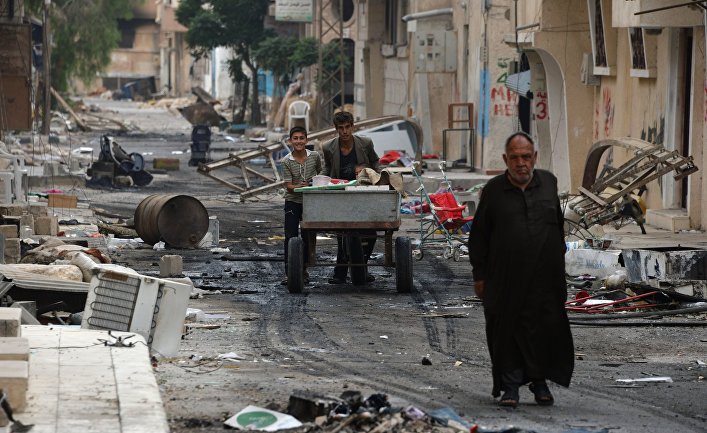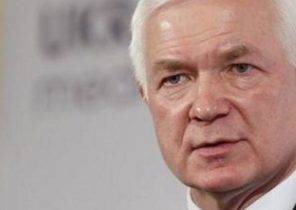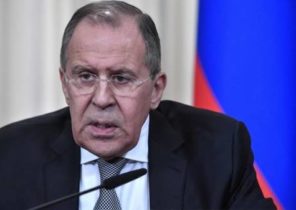
Istanbul — In 2016, the conflicts in the middle East beyond the Israeli-Palestinian issue, which for a long time was the main in the region.The four key Middle East countries — Iraq, Libya, Syria and Yemen to join in 2017, torn by civil wars.
These conflicts can directly and indirectly affect the rest of the world, leading to the spread of terrorism and increased refugee flow that contributes to the rise of populism and authoritarianism in the West. This year the world will be faced with the need to finally take the settlement of the conflicts in the middle East and elimination of their consequences.
One of the main objectives should be the resumption of the Israeli-Palestinian peace process. In recent years, the conflict between Israel and Palestine attracts less attention than before, but that doesn’t mean that ending the occupation of Palestinian territories and the accompanying humanitarian crisis is not important.
The resolution, supported by UN, EU and the entire international community, to ensure the security of Israel and to normalize its relations with the countries of the region, primarily with its Arab neighbors. This will create the opportunity for the development of regional and global cooperation and at the same time to restore confidence in the international system.
It is hoped that President Donald trump will resume the peace process and that his campaign statements about Palestine and the status of Jerusalem was not an actual policy proposals. We must pay tribute to France, showing interest in the resumption of the peace process, although the country became a victim of terrorist attacks organized by the Islamic government. Russia has also recently attempted to bring the leaders of Israel and Palestine to the negotiating table in Moscow, despite the fact that he supports Syrian dictator Bashar al-Assad.
The war in Iraq played the role of opening Pandora’s box
These initiatives mean that: the international community looks forward to the resolution of the conflict, which will allow to stop the wave of terrorism in the region.
With regard to Iraq, Libya, Syria and Yemen, it is necessary to continue to coordinate joint military action against terrorist bases in each of these countries, however, in order to end the conflicts need political solutions. Already there have been proposals for the territorial division of these States, but they are impossible to implement, yet do not agree with them all parties. In addition, it is far from obvious that it would be easier to create new state or trying to keep existing ones.
The war in Iraq, which began irresponsible former leaders of middle Eastern countries and Western players, had opened a Pandora’s box. Disaster in the middle East must show the world: the splitting of States can lead to long and unpredictable geopolitical consequences.
If we do not seek peace, civil wars and terrorism will continue to cause enormous destruction in the middle East. In most parts of the territories of Iraq, Libya and Yemen has practically stopped the trade, industry and transport, and it harms the economy of the entire region. The conflicts in the middle East not only lead to the destruction of economic infrastructure and industrial facilities. They destroy the health care system and education, cultural heritage and many social institutions.
In 2017, we need not only attempts to end the middle East conflict, but also large-scale restoration projects in the region (the model for them may become the Marshall plan). The plan should prevent them from slipping back into a state of war. Local policy has to do with their fundamental principles of human rights, the rule of law, transparency, quality of government.
Abdullah Gul, former President of the Turkish Republic.







